The African Union security sector reform policy framework: A decade of implementation: successes, challenges, and perspectives for the future
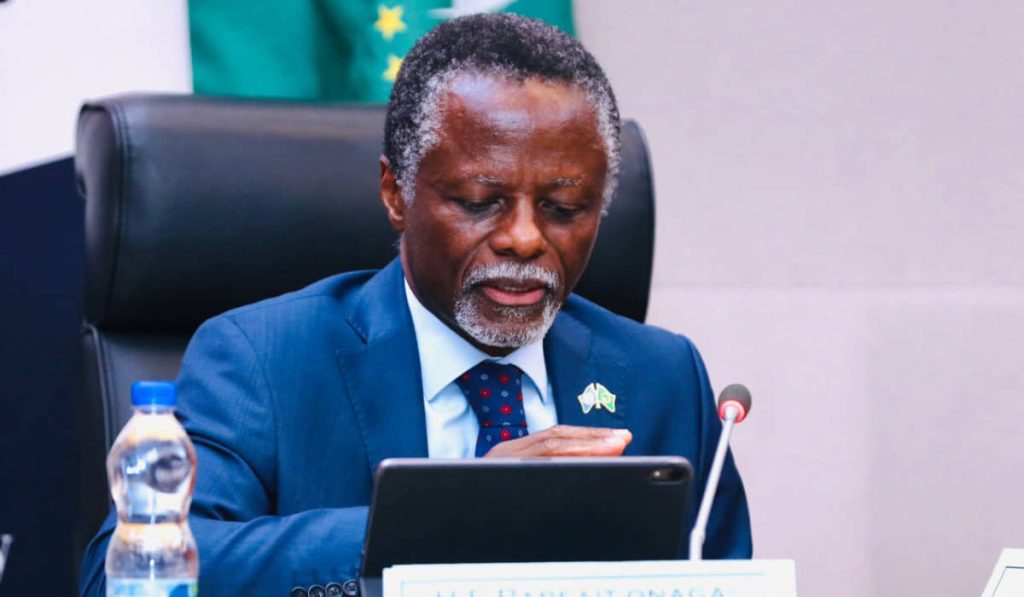
SSG/R should be a key element of the political processes of states emerging from conflict and of the strengthening of rule of law institutions.
Revitalising the African standby force: lessons from Africa’s Peace operations experience
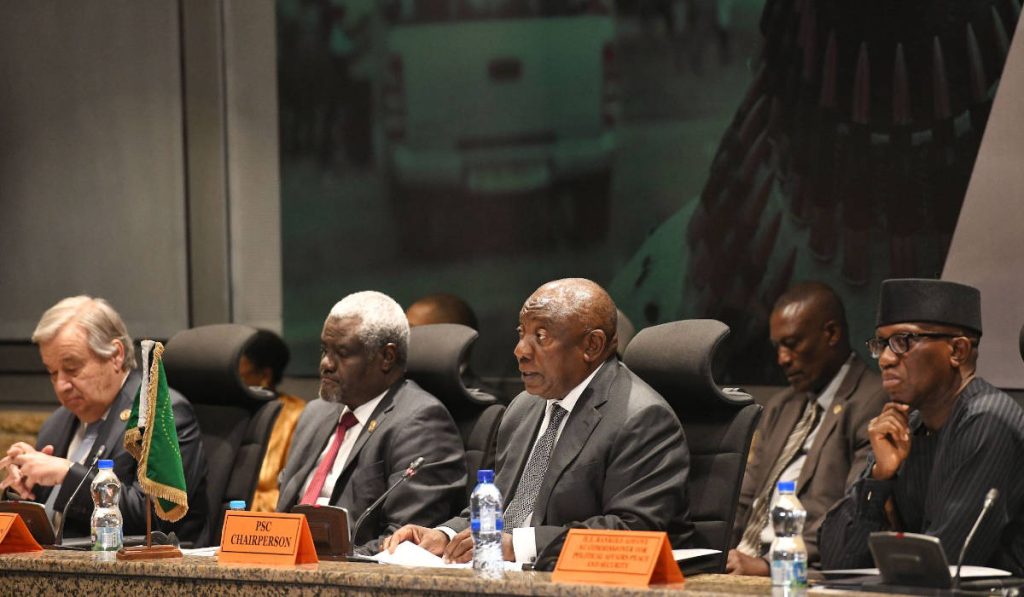
The ASF was successful as a political project, but, the evolution of peace operations over the past 20 years in Africa differed in important ways from the assumptions made in the original ASF concept.
What is possible for peace and conflict sensitivity at COP28?
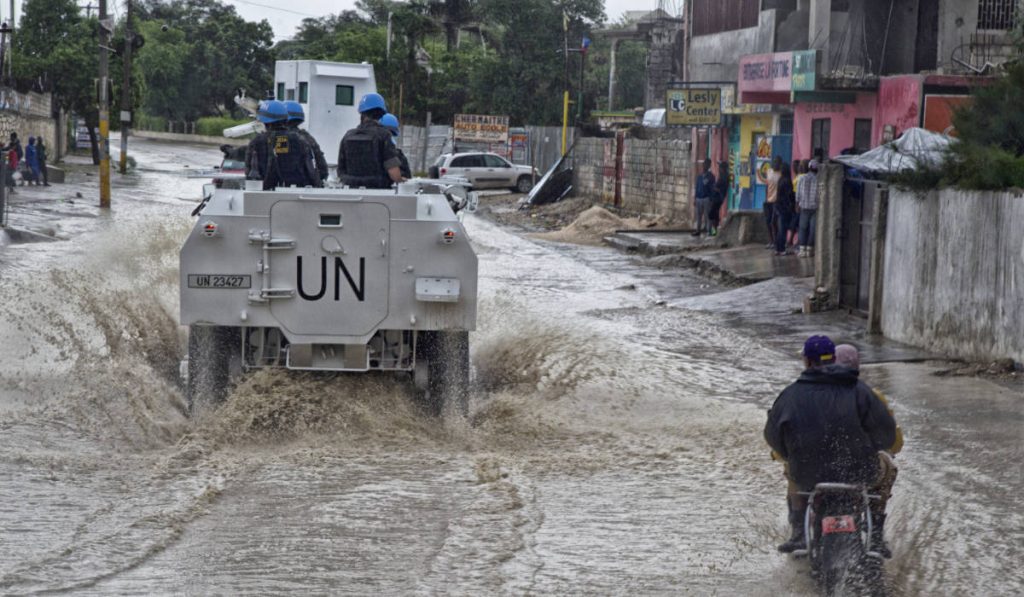
On 3 December 2023, for the first time in the history of the annual climate change conference, COP28 will feature peace, relief, and recovery as a thematic day.
Why the hold on greenwashing policy in Africa?

The importance of addressing the challenges posed by climate change has become increasingly important on the global agenda.
Rethinking peace and security: many thoughts, little innovation
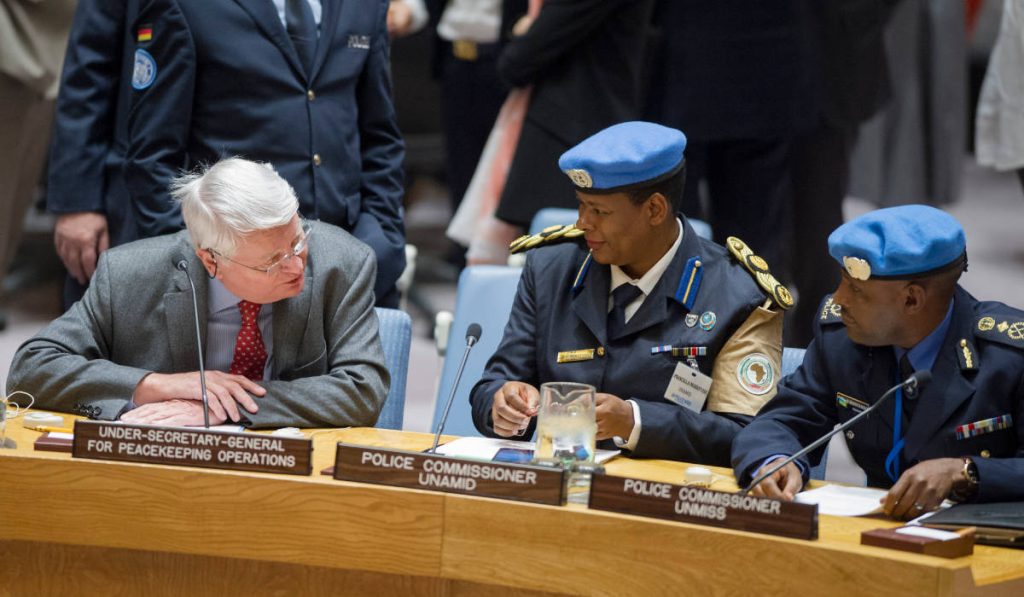
The upsurge in inter and intra-state armed conflict, and responses to this violence, have led to a questioning of the credibility, legitimacy, effectiveness and efficiency of our peace and security architectures.
The African Union – United Nations strategic partnership in an era of networked multilateralism
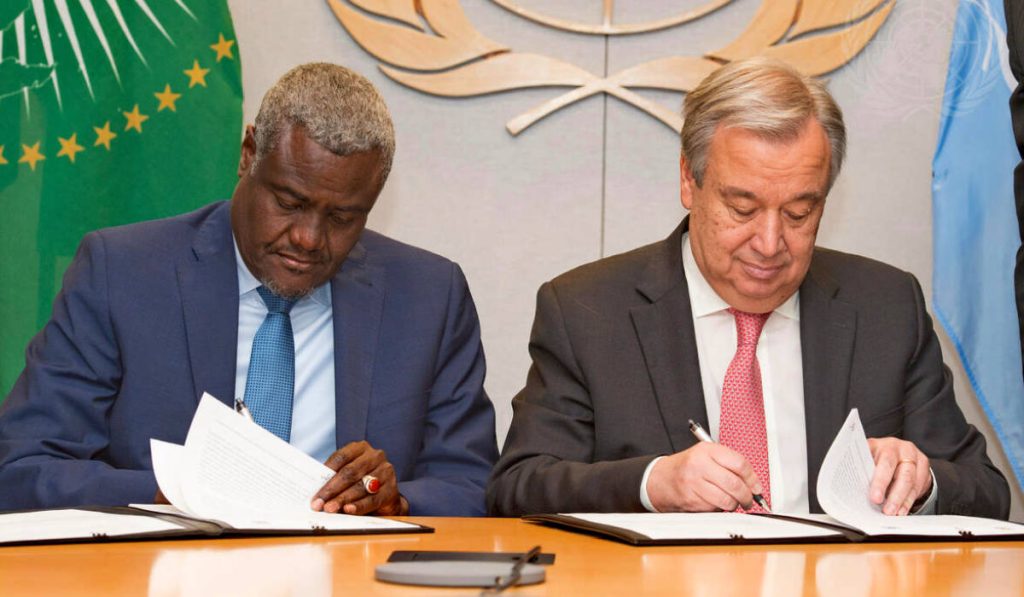
The AU and UN are deepening and strengthening their strategic partnership in a new era of networked multilateralism.
Climate, peace, security and migration in Mozambique
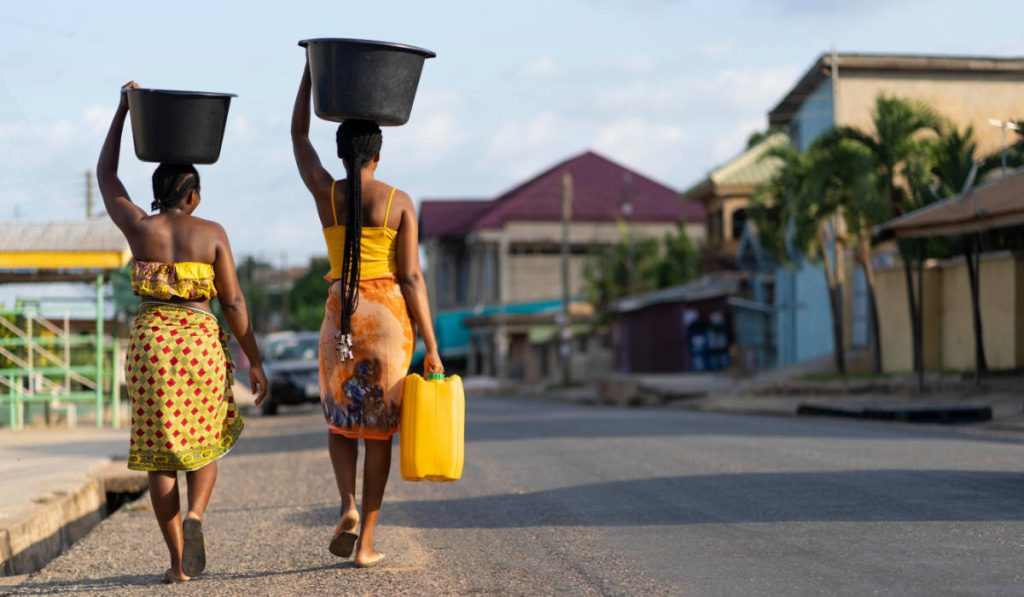
Climate-related extreme weather events and conflict are making their mark globally, co-occurring and reinforcing each other in a vicious circle, complicating efforts to build and sustain peace.
Expectations from COP 28 – it should Be less words more action
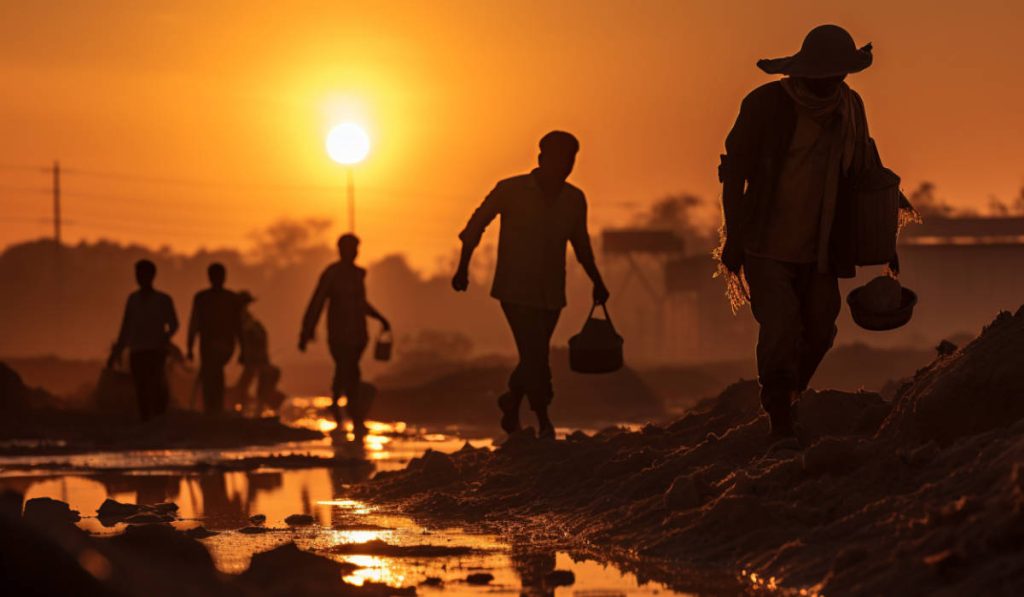
This COP represents a pivotal opportunity for adaptation to garner comparable political attention to the longstanding focus on mitigation.
African capacity in the area of peace and security and cooperation with the Nordic countries
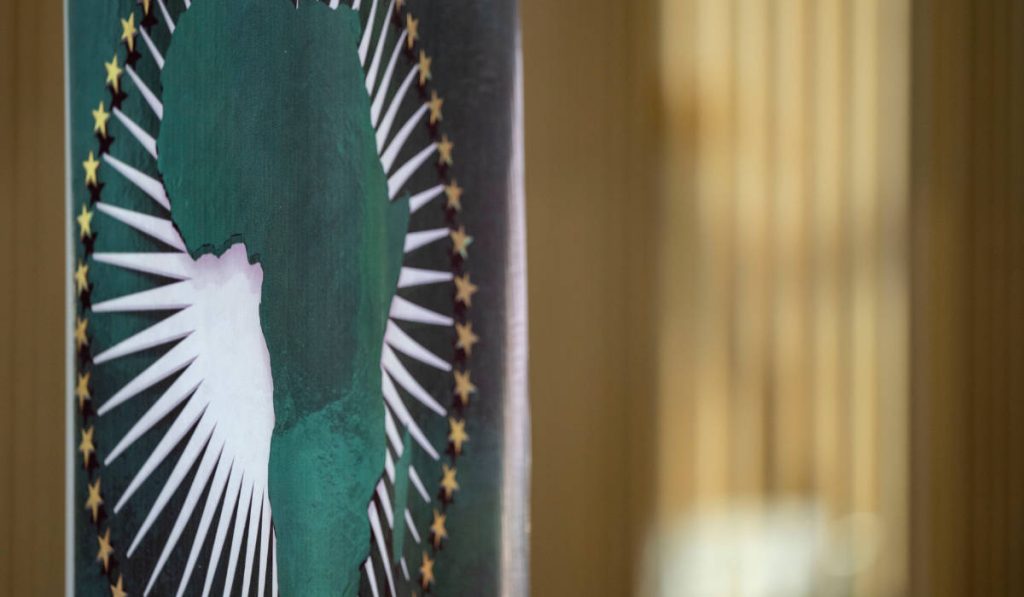
The last decade has witnessed cooperation between the Nordic region and Africa to address increasingly complex civil conflicts.
African-Nordic peace and security cooperation
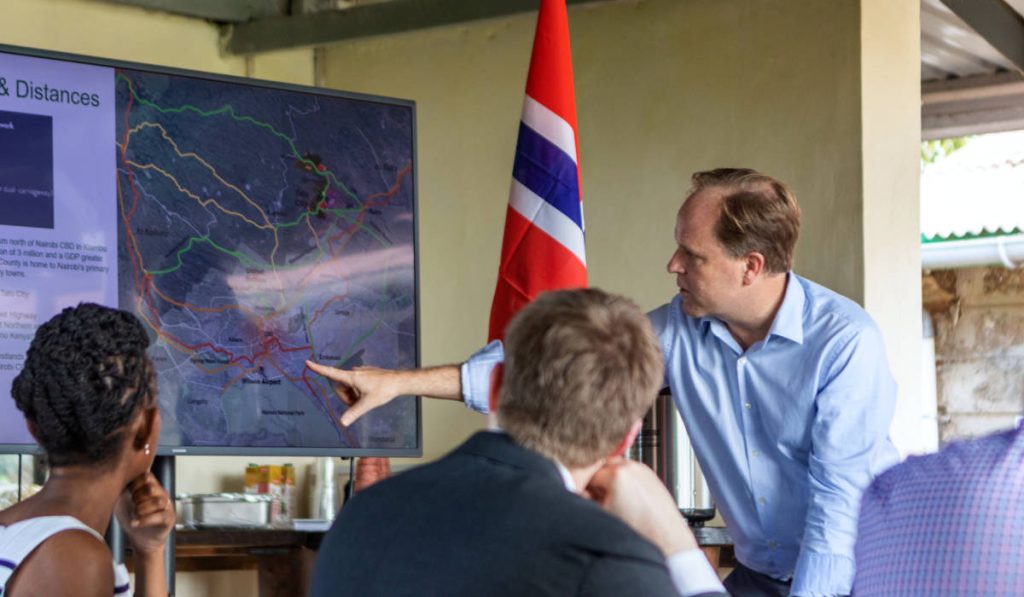
The Nordic countries have established a robust partnership with Africa, supporting the APSA through initiatives with African governments, the AU, RECs/RMs, civil society, and research institutions.
